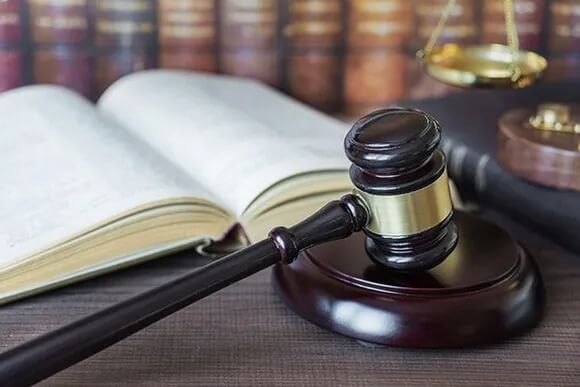Not Sure What Should Be Counted as an Asset? Call Now for Answers!
What Should Be Included in the Probate Process?
 Probate isn’t involved or necessary for every asset that someone owns when he or she dies, but it is regularly used for the following assets:
Probate isn’t involved or necessary for every asset that someone owns when he or she dies, but it is regularly used for the following assets:
- Assets that were held in only the deceased’s name.
- Half of each asset that was registered with his or her spouse as community property.
- That portion of any asset that belonged to the deceased that he or she held as a registered tenant-in-common with other people.
- Any assets, including such things as jewelry, art, furniture or the like, that are not registered.
What Is Excluded in the Probate Process?
Not everything is subject to probate. Although probate may be required for a portion of someone’s estate, the following assets can avoid the probate process:
- Assets that are held in joint tenancy.
- Assets that are held in a living trust.
- Assets where a beneficiary is named, such as IRA benefits or life insurance policies.
- Assets held in a bank or credit union where the deceased was named as a trustee for another person.
- Assets that were registered in the deceased’s name that are “payable on death” or “transfer on death” to another person.
- Assets registered by a married couple as community property with the right of survivorship.
- All assets that go to a surviving spouse, including any assets the person who died owned separately in his or her name but were left in the will or by intestate succession to the surviving spouse.
Asset Collection
The executor or administrator must take possession of all the assets that are subject to the probate process soon after being appointed. Since those are not part of the probate process, this collection will not include assets held in joint tenancy, in a living trust or those subject to beneficiary designation.
The title on the collected assets needs to be changed to name the person assigned as executor or administrator of the asset. Assets that need their title changed include all stocks and bonds, brokerage accounts, mutual funds, bank and credit union accounts and physical assets such as real property, motor vehicles, boats and planes.
An inventory of the assets must be filed with the court, by the executor or administrator after being appointed, within 91 days.
Bill and Debt Payment
Bills can be paid from the estate once the executor or administrator is assigned by the court and obtains access to the funds. The payment of utilities, credit cards, funeral expenses and other bills can be paid without any special legal formality.






